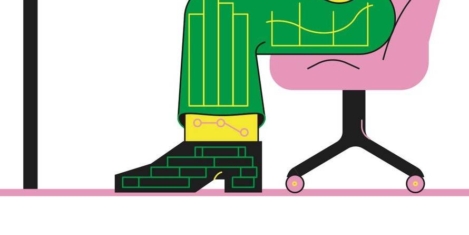To provide the best experiences, we use technologies like cookies to store and/or access device information. Consenting to these technologies will allow us to process data such as browsing behaviour or unique IDs on this site. Not consenting or withdrawing consent, may adversely affect certain features and functions.
The technical storage or access is strictly necessary for the legitimate purpose of enabling the use of a specific service explicitly requested by the subscriber or user, or for the sole purpose of carrying out the transmission of a communication over an electronic communications network.
The technical storage or access is necessary for the legitimate purpose of storing preferences that are not requested by the subscriber or user.
The technical storage or access that is used exclusively for statistical purposes.
The technical storage or access that is used exclusively for anonymous statistical purposes. Without a subpoena, voluntary compliance on the part of your Internet Service Provider, or additional records from a third party, information stored or retrieved for this purpose alone cannot usually be used to identify you.
The technical storage or access is required to create user profiles to send advertising, or to track the user on a website or across several websites for similar marketing purposes.
 Cardiff University has been selected as the main hub for a £5 million research centre to explore how we can live differently to achieve the rapid and far-reaching emissions cuts required to address climate change. A collaboration between Cardiff, Manchester, York and East Anglia Universities, and charity Climate Outreach, the Centre for Climate Change and Social Transformations (CAST) will work closely with industry, local/national governments, and charities to tackle climate change. It is funded by the Economic and Social Research Council. More →
Cardiff University has been selected as the main hub for a £5 million research centre to explore how we can live differently to achieve the rapid and far-reaching emissions cuts required to address climate change. A collaboration between Cardiff, Manchester, York and East Anglia Universities, and charity Climate Outreach, the Centre for Climate Change and Social Transformations (CAST) will work closely with industry, local/national governments, and charities to tackle climate change. It is funded by the Economic and Social Research Council. More →











 We might think that an inability to absorb the vast amount of information generated by our fellow humans and their machines is something of a modern phenomenon, but we’ve always known we can have too much of this particular good thing. Distringit librorum multitude, wrote Seneca in the First Century. An abundance of books is a distraction.
We might think that an inability to absorb the vast amount of information generated by our fellow humans and their machines is something of a modern phenomenon, but we’ve always known we can have too much of this particular good thing. Distringit librorum multitude, wrote Seneca in the First Century. An abundance of books is a distraction.





















March 15, 2019
When exactly did busyness become a sign of status?
by Francesca Langton Kendall • Comment, Wellbeing
More →